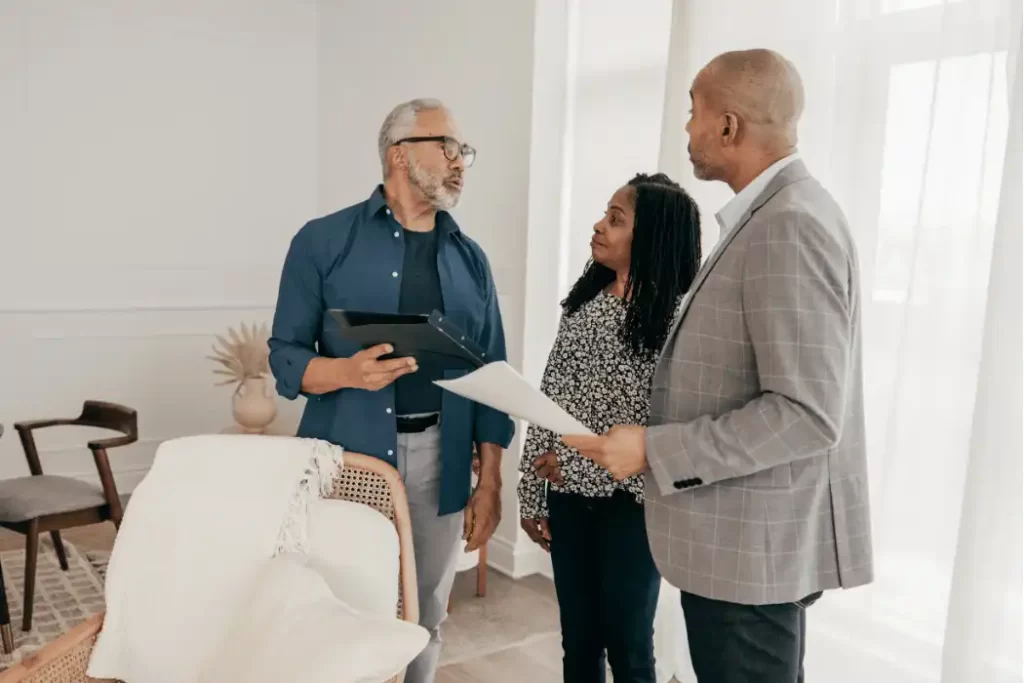Selling your home can be an exciting but daunting process. Whether you are downsizing, upsizing, or relocating to a new city, there are several steps you can take to ensure a smooth transaction. From pricing your home correctly to staging it for potential buyers, this guide will provide you with the dos and don’ts of selling your home.
Dos:
Price your home correctly.
One of the most important factors when selling your home is pricing it correctly. If you overprice your home, potential buyers will overlook it, and it may take longer to sell. On the other hand, if you underprice your home, you could leave money on the table. To determine the right price for your home, research similar homes in your area and consult with a real estate agent.
Clean and declutter your home.
Before putting your home on the market, it’s essential to clean and declutter it. Potential buyers want to envision themselves in your space, and that’s difficult to do if your home is cluttered with personal items. Consider renting a storage unit to store excess furniture and belongings to create an open and spacious feel. A clean, decluttered home is also more appealing to potential buyers.
To get best deal for home renovation and selling your home here.

Hire a real estate agent
While you may be able to sell your home without a real estate agent, it’s often easier and more convenient to hire one. A real estate agent can handle the paperwork, help you price your home correctly, and negotiate with potential buyers. They can also provide you with valuable insight into the local market and help you market your home effectively.
Stage your home
Staging your home can help potential buyers envision themselves living in your space. This can involve removing personal items, rearranging furniture, and adding decorative touches. If you don’t have a good eye for design, consider hiring a professional stager.
Be flexible with showings
When selling your home, it’s important to be flexible with showings. Potential buyers may want to see your home at different times, and it’s important to accommodate their schedules as much as possible. This may mean cleaning and leaving your home for a few hours at a time.
Don’ts:
Ignore necessary repairs.
If your home needs repairs, it’s essential to address them before putting your home on the market. This could include fixing leaky faucets, replacing broken tiles, or repainting walls. Ignoring necessary repairs could turn off potential buyers and make it more difficult to sell your home.
Get too emotional
Selling your home can be an emotional experience, especially if you’ve lived in your home for a long time. However, it’s important to avoid getting too emotional during the selling process. This could cloud your judgment and make it more difficult to negotiate with potential buyers.
Overspend on renovations
While it’s important to make necessary repairs and stage your home, it’s also important to avoid overspending on renovations. Not all renovations will increase the value of your home, and some may not be worth the investment. Consult with a real estate agent before making any major renovations to your home.
Hide important information
When selling your home, it’s important to be transparent with potential buyers. If there are any issues with your home, such as a leaky roof or faulty wiring, it’s important to disclose this information upfront. Hiding important information could lead to legal issues down the line.
Rush the selling process
Selling your home can be a time-consuming process, and it’s important to be patient. Rushing the selling process could lead to mistakes, such as pricing your home too low or overlooking necessary repairs. It’s important to take the time to do things right and ensure a smooth transaction.
Conclusion
Selling your home can be a complex process, but by following these dos and don’ts, you can ensure a smooth and successful transaction. Pricing your home correctly, cleaning and decluttering your space, hiring a real estate agent, staging your home, and being flexible with showings are all key steps to take. However, it’s equally important to avoid ignoring necessary repairs, getting too emotional, overspending on renovations, hiding important information, and rushing the selling process.
By keeping these tips in mind, you can increase your chances of selling your home quickly and for the right price. Remember, selling a home is not just a financial transaction, it’s also an emotional one. By staying organized, calm, and patient throughout the process, you can ensure a smooth transition into your next chapter of life.

